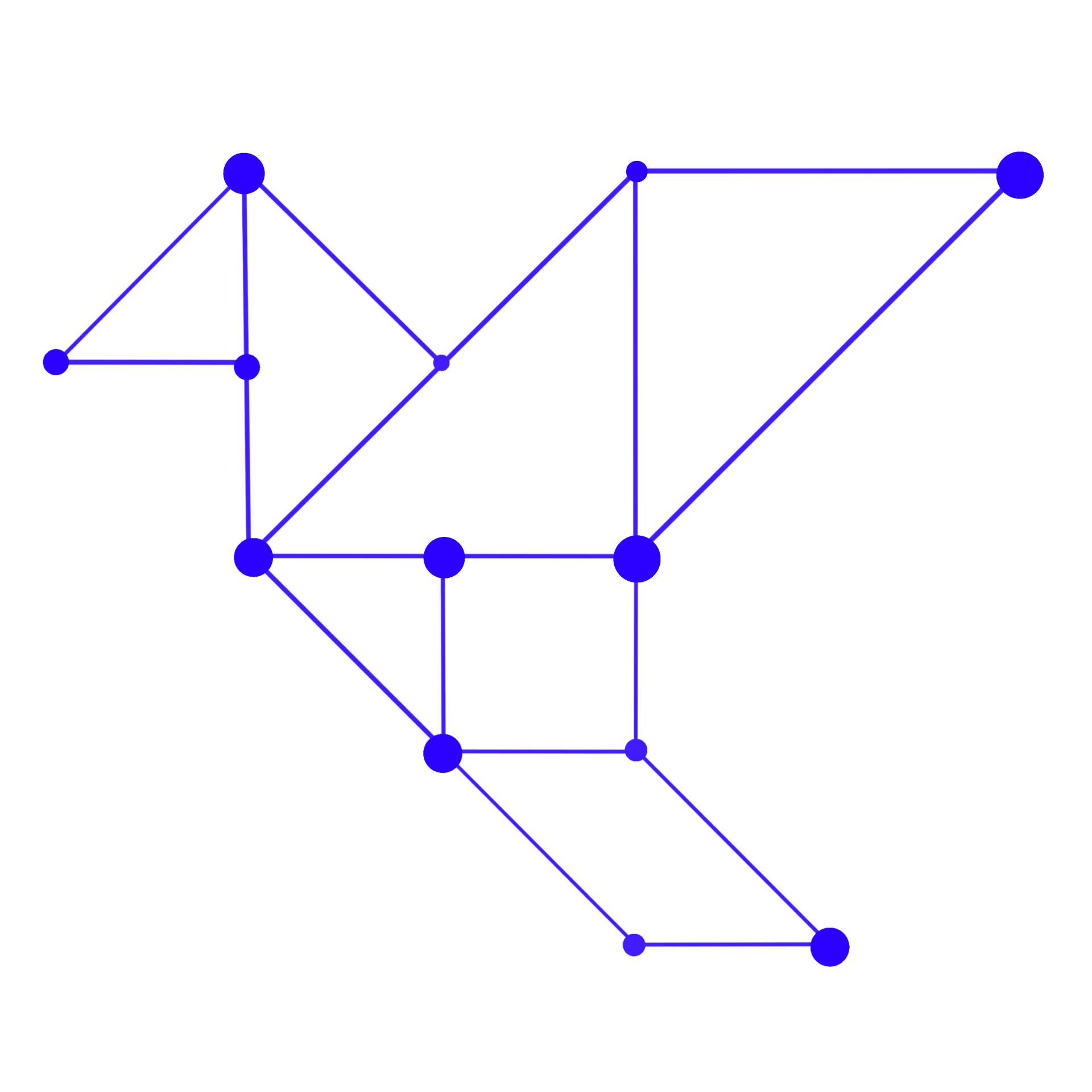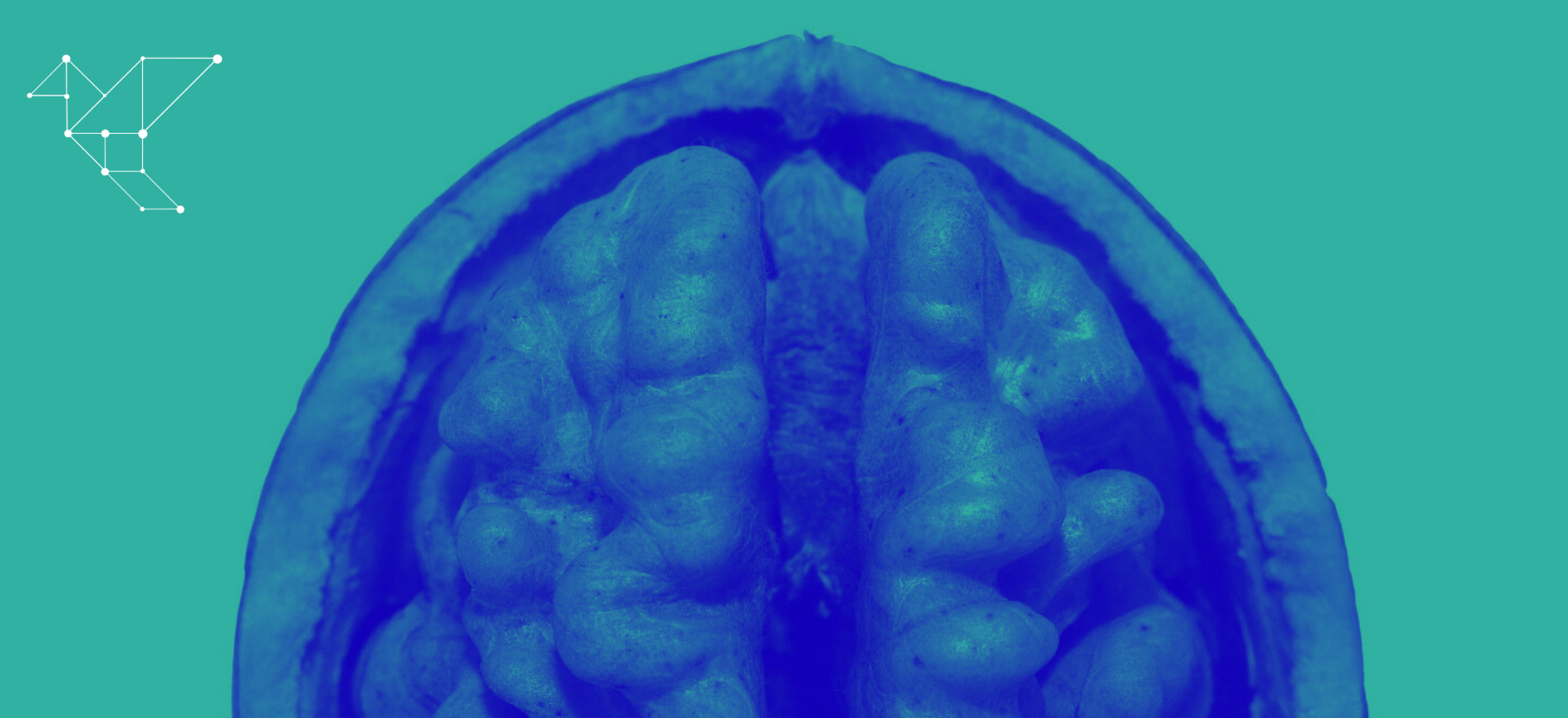Dabrowski
TPD: de theorie van positieve desintegratie in vogelvlucht
Als je je gaat verdiepen in hoogbegaafdheid kom je vroeg of laat Dabrowski tegen, de 'overexitabilities' en zijn theorie van positieve desintegratie (TPD). In dit blog een kleine spoedcursus TPD, met verwijzingen voor als je verder wil lezen.
Kazimierz Dąbrowski (1902-1980) was een Poolse psychiater, psycholoog en filosoof, bekend om zijn theorie van persoonlijke ontwikkeling, die hij de Theorie van Positieve Desintegratie (TPD) noemde. Het vroege leven van Dąbrowski werd gekenmerkt door de turbulente historische gebeurtenissen in Polen, waaronder beide wereldoorlogen. Na zijn medische studies aan de Universiteit van Warschau studeerde hij verder in psychologie en filosofie. Dąbrowski ontwikkelde de Theorie van Positieve Desintegratie in de jaren 1930 en bleef zijn werk gedurende zijn hele carrière verfijnen.
Het centrale idee van de theorie van Dąbrowski is dat het proces van persoonlijke ontwikkeling de desintegratie van lagere, op instinct gebaseerde niveaus van functioneren omvat, en de opkomst van hogere, zelfgerichte niveaus. Deze desintegratie, aangeduid als "positieve desintegratie", wordt beschouwd als een noodzakelijk en positief proces dat leidt tot de ontwikkeling van een complexere en autonome persoonlijkheid.
Dąbrowski identificeerde vijf ontwikkelingsniveaus binnen zijn theorie, waarbij het hoogste niveau individuen vertegenwoordigt die een sterk gevoel van individualiteit, morele autonomie en een diepe bezorgdheid voor anderen hebben bereikt. De theorie benadrukt de rol van overgevoeligheden - verhoogde gevoeligheden op verschillende gebieden zoals emotioneel, intellectueel en creatief - bij het stimuleren van het proces van positieve desintegratie.
Niveau 1: Primaire integratie
Er zijn weinig interne conflicten omdat men leeft volgens ‘one gets along by going along’. Conformiteit en zich aanpassen worden voortdurend nagestreefd. Er bestaat geen werkelijke autonomie of individuele persoonlijkheid. Zelfreflectie ontbreekt en er is geen eigen verantwoordelijkheid als iets fout loopt. Dit niveau is een samenhangende psychologische structuur gestuurd door primitieve drijfveren en socialisatie.
Niveau 2: Eenlagige integratie
Aanvaarding door anderen en ‘doen wat hoort’ is nog heel belangrijk. Deze ontwikkeling gaat vaak gepaard met zelftwijfel. Dit is het eerste niveau dat gekenmerkt wordt door desintegratie. Eenlagige conflicten, conflicten tussen alternatieven die in wezen gelijkwaardig zijn, veroorzaken de afbraak van de primaire integratie. Ze uiten zich in onder andere in humeurschommelingen, depressieve gevoelens, psychosomatisch klachten, angsten en onzekerheid.
In dit niveau is geen oplossing voor ontwikkeling voor handen. Er zijn drie richtingen mogelijk; Terugvallen naar niveau 1 om zichzelf te beschermen tegen verdere desintegratie gebeurt veel. Als de desintegratie geen richting krijgt en er is geen stuwende kracht tot groeien dan blijven mensen steken op niveau 2. De andere mogelijkheid is doorgroeien naar niveau 3.
Niveau 3: spontane meerlagige desintegratie
Men maakt zich steeds meer los van ‘wat hoort’. Dąbrowski noemt dit positieve onaangepastheid. Dit niveau bevat het begin van meerlagigheid. Er is veel innerlijk conflict maar dat krijgt nu richting en geeft aanleiding tot emotionele groei. Er ontwikkelt zich een eigen waarden- en normensysteem. Er is conflict tussen ‘hoe ik ben’ en ‘hoe ik wil en kan zijn’. Men wordt gedreven door een persoonlijkheidsideaal in zichzelf. Daardoor zijn er gevoelens van ontevredenheid met zichzelf, existentiële angst en innerlijke morele conflicten. Het kan een zeer pijnlijk proces zijn. Er is een groeiend besef van persoonlijke autonomie. Men is niet langer in de macht van de wereld om hen heen. Gevoel van eigenwaarde groeit. Mensen hebben hun eigen lijden onder ogen gezien en er inzicht in gekregen. Dit niveau is cruciaal voor een positieve persoonlijkheidstransformatie en als dit niveau is bereikt, glijdt men niet meer naar niveau 2 of 1.
Niveau 4: Georganiseerde meerlagige integratie
Op dit niveau vindt de doorontwikkeling van meerlagigheid plaats. De derde factor treedt hier versterkend op. De persoonlijkheidsontwikkeling wordt nu via innerlijk conflict bewust gestuurd door het individu. Het eigen waarden- en normensysteem wordt sterker en beter afgekaderd. Het eigen persoonlijkheidsideaal wordt duidelijker en meer bereikbaar. Men wordt rustiger. Er is een toename in het vermogen tot empathie. Men ontwikkelt een groot mededogen voor de pijn van anderen zonder er zelf door overweldigd te raken. Men toont een sterk verantwoordelijkheidsgevoel, authenticiteit en zelfbewustzijn. We zien autonomie in praten, handelen en zelfreflectie. Zelfperfectie is hier de motor. Er vindt zelfacceptatie plaats en er is een gevoel van zekerheid dot de ontwikkeling gewoon gebeurt. Er is een sterke vermindering van innerlijk conflict, faalangst en weerstand.
Niveau 5: Secondaire integratie
Niveau 5 is maar voor een enkeling weggelegd. Het is een levenslange voortzetting van het doel om het eigen persoonlijkheidsideaal en zelfperfectie na te streven. Innerlijke conflicten verdwijnen door het bereiken van het persoonlijkheidsideaal, wat men kan en wil zijn. Er is integratie van de eigen waarden en normen in hoe men is en hoe men zich gedraagt. Denken en voelen zijn met elkaar versmolten in een flexibel en harmonieus geheel. Empathie en altruïsme zijn prominent aanwezig.
In niveau 4 werd de derde factor aangestipt, dat is de wil om te groeien. De drie factoren die invloed hebben zijn:
De eerste factor // nature
De aanleg van een persoon. Aangeboren kenmerken, mogelijkheden en capaciteiten.
De tweede factor // nurture
De invloed van de sociale omgeving.
De derde factor // de wil om te groeien
Bewust bezig zijn met de wil om te veranderen. Deze factor speelt in de ontwikkeling mee vanaf niveau 3, de spontane meerlagige desintegratie. De derde factor vloeit voort uit en overstijgt de eerste en de tweede factor.
Wil je je verder verdiepen?
Boeken:
Leven met intensiteit - Susan Daniels ; Michael M. Piechowski
Positive desintegration - Kazimierz Dabrowski
Personality-Shaping Through Positive Disintegration - Kazimierz Dabrowski
Websites:
Volgende week neem ik je mee in de de vijf gebieden van gevoeligheden, ofwel de overexcitabilities. Ken jij ze al? En welke is het sterkst in jou?




